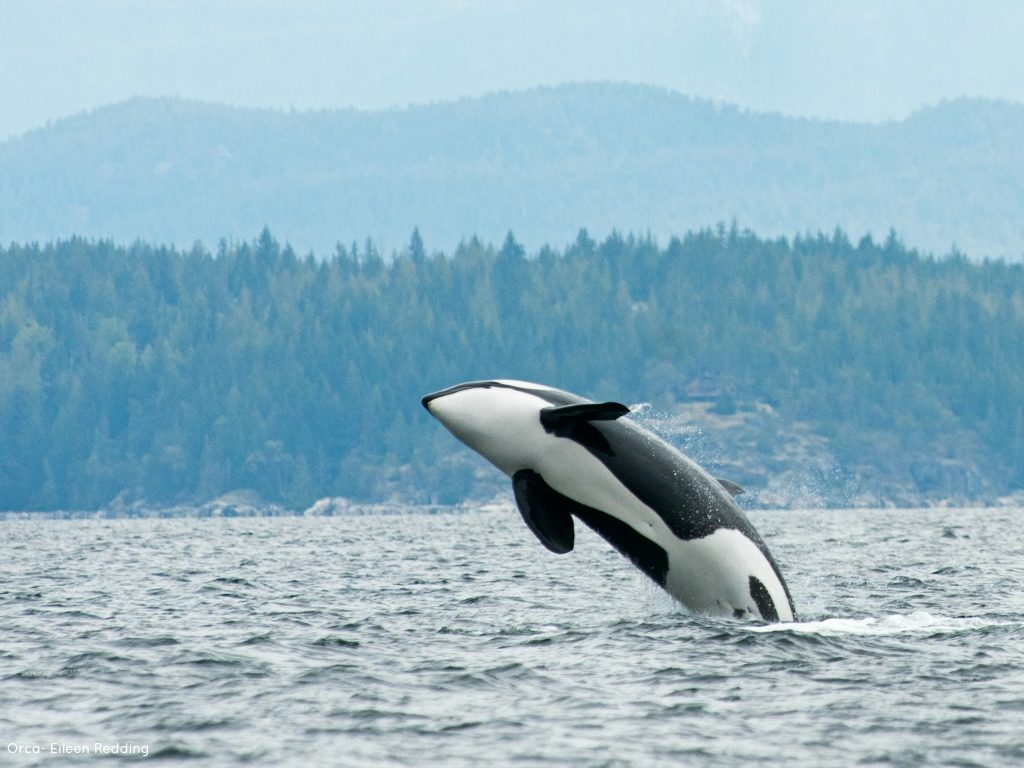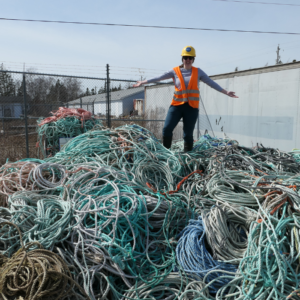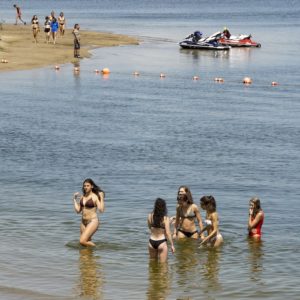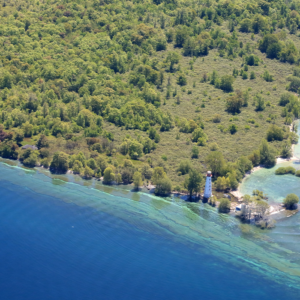Crucial Deficiencies Remain in Evidence on Trans Mountain Impacts
On January 22, 2019 Nature Canada and BC Nature submitted our written final argument to the National Energy Board hearings about how the proposed Trans Mountain pipeline will affect marine ecosystems and impact marine birds and mammals.
In our argument, Nature Canada and BC Nature conclude that: “crucial deficiencies remain the evidentiary record that deprive the NEB of the ability to properly discharge its legal duties”. These crucial deficiencies occur in
- the areas of malfunctions and accidents (resulting in oil spills from tankers),
- impacts on species at risk,
- cumulative impacts from chronic oiling, and
- impacts on marine birds from routine operations.
Nature Canada and BC Nature further maintain that the NEB should not make findings about ecological consequences of such impacts except where the preponderance of evidence justifies a particular finding. Where there is scientific uncertainty about impacts, the NEB should err on the side of caution and favour a recommendation that the project is likely to cause significant adverse environmental effects that cannot be justified in the circumstances.
Nature Canada stands firm in its conviction that the NEB has not adequately evaluated the potential impact of more oil tankers travelling through the narrow channels of the Salish Sea of British Columbia. Further, the federal government needs to step up to protect threatened marine birds and mammals

In the first set of NEB hearings, Nature Canada and BC Nature, represented by Pacific Centre for Environmental Law and Litigation (Pacific CELL), urged the NEB to conduct an assessment of project-related shipping that would properly consider impacts of a pipeline expansion. The NEB did not take our advice; the NEB’s environmental assessment clearly did not adequately consider risks posed by the proposed pipeline expansion to marine and other birds in the Salish Sea.
Our conclusions on this have not changed in the so-called reconsideration hearings, and in fact have been reinforced by updated evidence submitted our expert Anne Harfenist.
Under the current conditions, the Trans Mountain project would increase Edmonton to Vancouver pipeline capacity from 300,000 to 890,000 barrels per day, and result in oil tanks moving almost daily through the Salish Sea past critical habitat. Increasing oil tanker traffic with Trans Mountain bitumen in the Salish Sea, with its powerful winter storms and narrow curving channels, will increase the risk of a catastrophic oil spill. It will also create significant noise disruption to the already endangered Southern Resident Orcas on a daily basis.
Nature Canada and BC Nature are again represented at the hearings by Pacific CELL lawyers Chris Tollefson and Anthony Ho.



